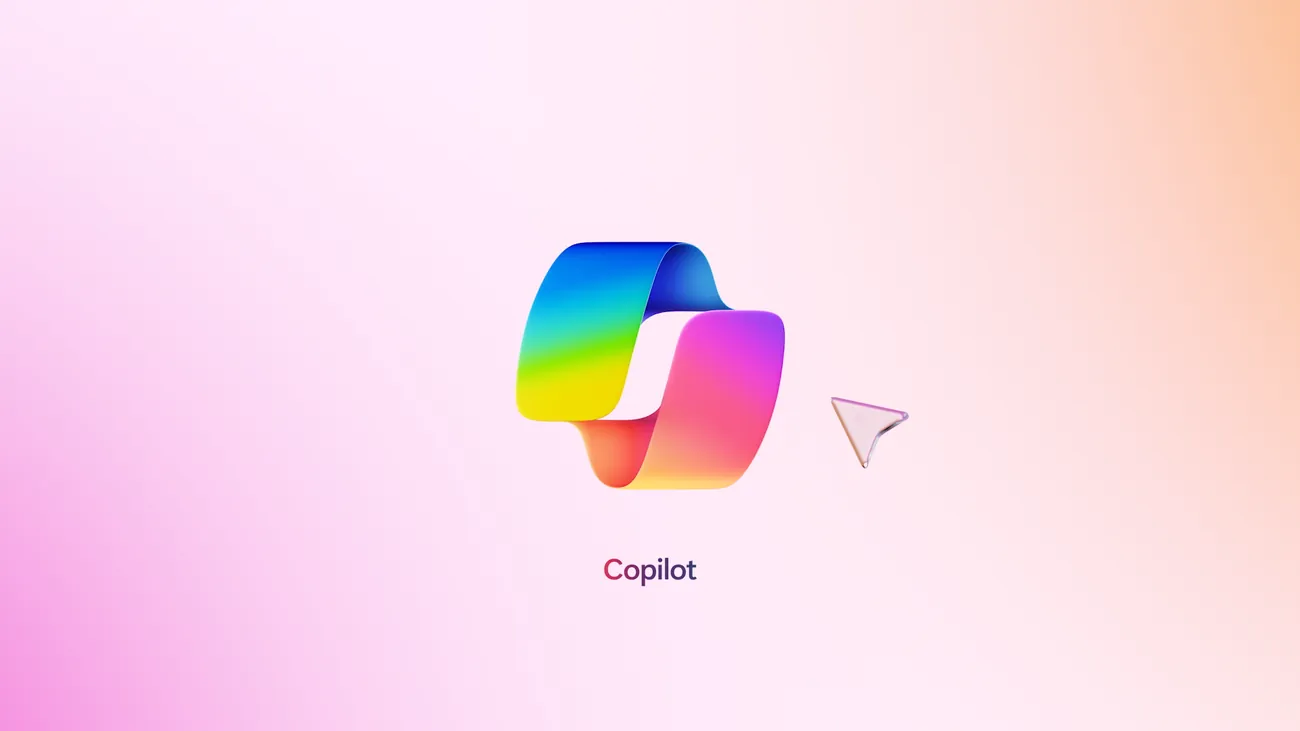Microsoft Unveils ‘Deep Reasoning’ AI for Enhanced Copilot in Research and Data Analysis

Microsoft Introduces AI Agents for Microsoft 365 Copilot
Microsoft is stepping up its game in artificial intelligence by launching two new AI agents, Researcher and Analyst, for Microsoft 365 Copilot. Utilizing advanced OpenAI models, these agents are designed to enhance research and data analysis capabilities, as reported by The Verge and UNN. This initiative follows AI announcements from competitors such as Google and OpenAI, making it a significant development in the tech sector.
Overview of the New AI Agents
Researcher
The Researcher agent utilizes a powerful OpenAI deep research model. This tool is crafted to handle complex, multi-layered research tasks seamlessly. It connects to various third-party data sources, which includes platforms like Salesforce and ServiceNow. This feature allows business clients to gather insights and information directly from their operational tools. With its capability to access extensive datasets, Researcher aims to streamline and enrich the research process for users.
Analyst
On the other hand, the Analyst agent is built on OpenAI’s o3-mini reasoning model. Microsoft claims this agent can convert raw data into structured spreadsheets, effectively emulating the skills of an experienced data analyst. It has the ability to execute Python code in real-time, giving users visibility into the data processing stages. This makes it a powerful tool for compiling insightful reports and gaining actionable intelligence from data.
New Features in Microsoft 365 Copilot
Microsoft plans to roll out these AI agents to Microsoft 365 Copilot license holders starting in April as part of an early access program. Alongside these agents, new autonomous capabilities are also being introduced within Copilot Studio.
Key Features of Microsoft 365 Copilot
- Automated Task Management: The new agents claim to have the capability of automating virtually any task imaginable through rules-based workflows. This includes integrating AI actions that can simplify complex processes.
- Enhanced Workflow: For instance, one proposed workflow involves automatically directing feedback emails to the appropriate team. While the concept is promising, further demonstration is needed to evaluate how it performs compared to traditional methods.
The Promise of Low-Code Experiences
There is ongoing debate about the efficacy of these "low-code" experiences offered by Microsoft. While promises of automation and ease of use sound appealing, questions remain about how well these tools can deliver practical results in real-world scenarios. Many experts are eager to see how these new features will perform beyond merely serving as a replacement for existing tasks.
Final Thoughts
The introduction of AI agents Researcher and Analyst marks a notable advancement for Microsoft in the realm of AI and productivity. As businesses continue to seek innovative ways to optimize operations through technology, these tools may offer significant benefits in data handling and research endeavors. However, stakeholders are keen to see tangible results and effectiveness once these features roll out to users.






